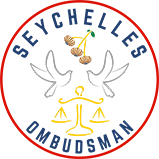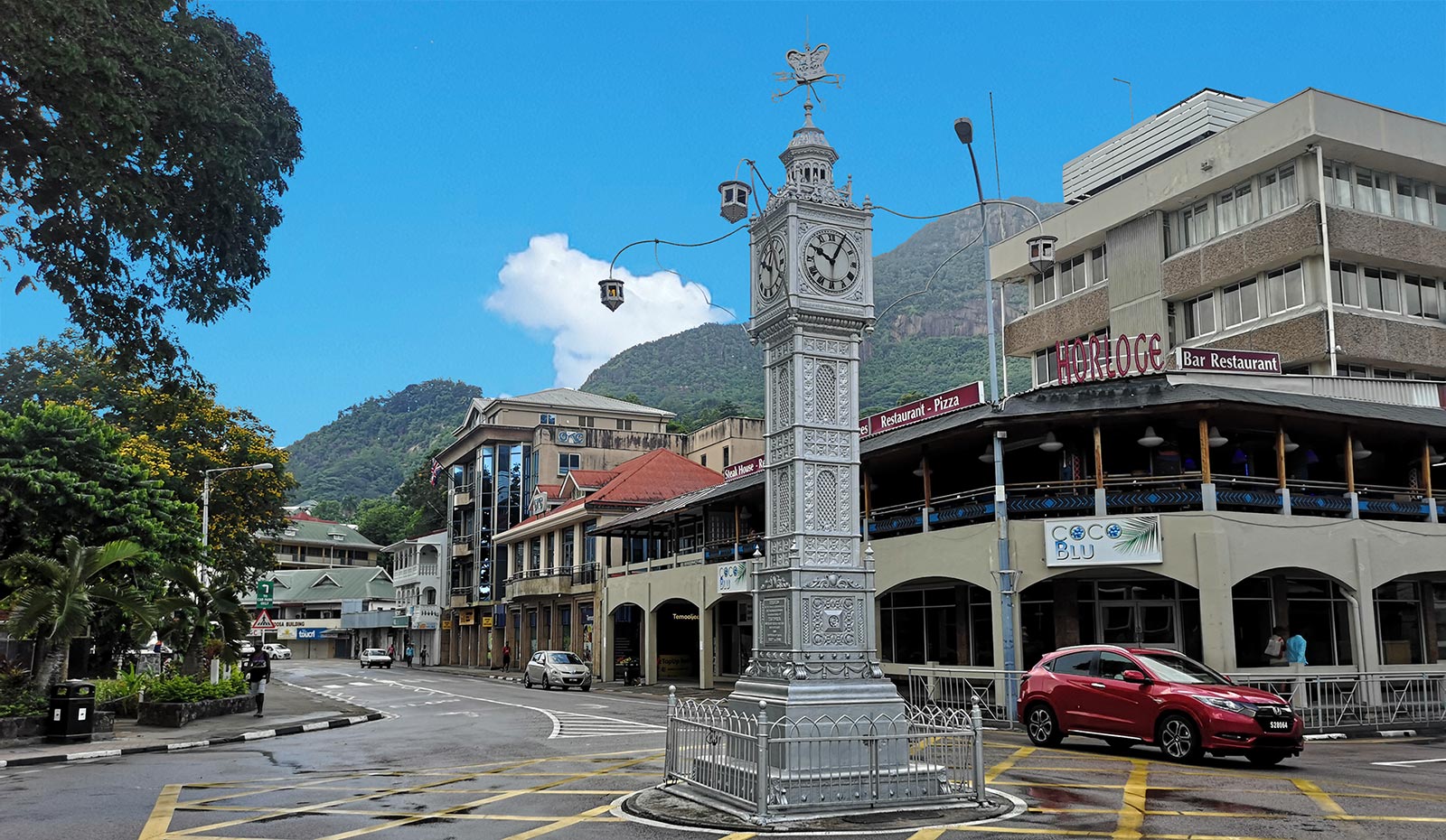17 Jun Message of the Ombudsman for Constitution Day 2022
Safeguarding our Constitution is safeguarding our liberties
Almost three decades ago to the day, on 18th June 1993, ‘We, the People’ of Seychelles adopted the Constitution of a multiparty democratic Third Republic. Yet, it is only since 2015 that we commemorate 18th June as Constitution Day – a solemn annual occasion to reflect on our nation’s chosen path as we navigate economic and security uncertainties and challenges and build the ramparts needed to protect us from those dangers.
In 1993, we swore unswayed commitment to keeping our country politically and economically independent while we safeguarded its territorial integrity and sovereignty. We bestowed upon ourselves a Charter of Fundamental Rights and Freedoms and adopted a democratic system with constitutional institutions like the Ombudsman, to ensure that we uphold the rule of law and recognise and exercise our individual rights and freedoms with due regard to the rights and freedoms of others.
We pledged to actively participate in the sustainable economic and social development of our society and to provide an adequate and progressive social order where food, clothing, shelter, education, health and a steadily rising standard of living was guaranteed for all Seychellois.
Our Constitution is and remains the blueprint to our very existence as citizens of this Third Republic. It may not be perfect, but it does remain the closest the Seychellois nation has ever been to a truly national consensus – when 73.9% of the People adopted a second draft of the Constitution in a first-ever national referendum on 18 June 1993.
While some change may be justified as necessary to bring our Constitution more ‘in line’ with our present 2022 reality, any change demands profound reflection if we are to avoid crowding out reason.
Despite the consensus and our pledge to national unity, our Constitution has already seen ten amendments over the past 29 years. Absolute legislative majorities pushed through fundamental constitutional amendments in 1994, 1995, 1996 and 1999 that, amongst other things, revised the rules on proportional representation to reduce representation in the National Assembly and thereby depriving minorities of a voice in parliament. In 1999, the incumbent president, elected for a five-year mandate, was given the privilege of calling early elections, effectively introducing uncertainty in the electoral process.
The latest amendment has now blurred the distinct demarcation between the police and the military. It retains elements of surprise in the type of any other acts that could cater for closer cooperation between the armed forces and police outside states of emergency.
We have justified the change arguing the lack of capacity in the civil police force that can only be met by associating the skills of the army. Once again, we have missed out on the opportunity to build capacity where it is needed most and have diverted, as a nation, from our chosen path in our Third Republic.
Instead of constitutional amendments, the times call for greater focus on strengthening the constitutional institutions we established in 1993 to ensure that they are fully empowered to uphold the space for the full respect of all our rights and freedoms.
By strengthening all our institutions, we guarantee the safeguards of our democratic process and ensure that they can fully deliver on their mandates and promise to uphold the rule of law.
In the words of Abraham Lincoln: “Don’t interfere with anything in the Constitution. That must be maintained, for it is the only safeguard of our liberties.”
Nichole Tirant-Gherardi
Ombudsman
17th June 2022



